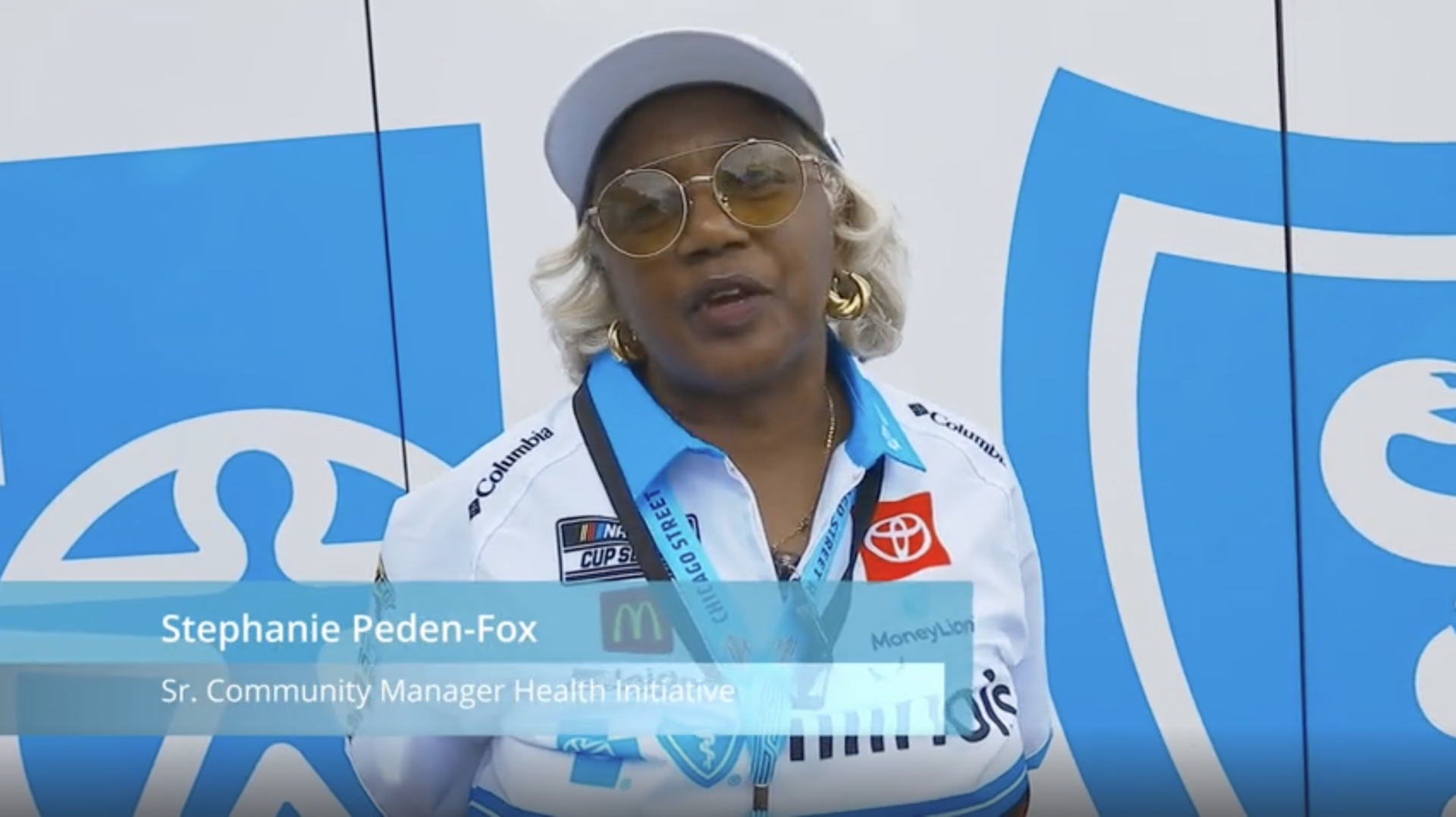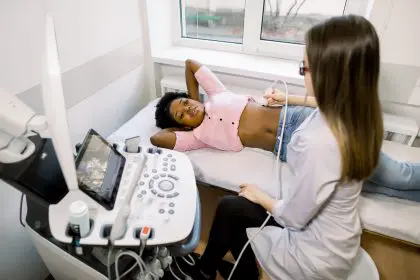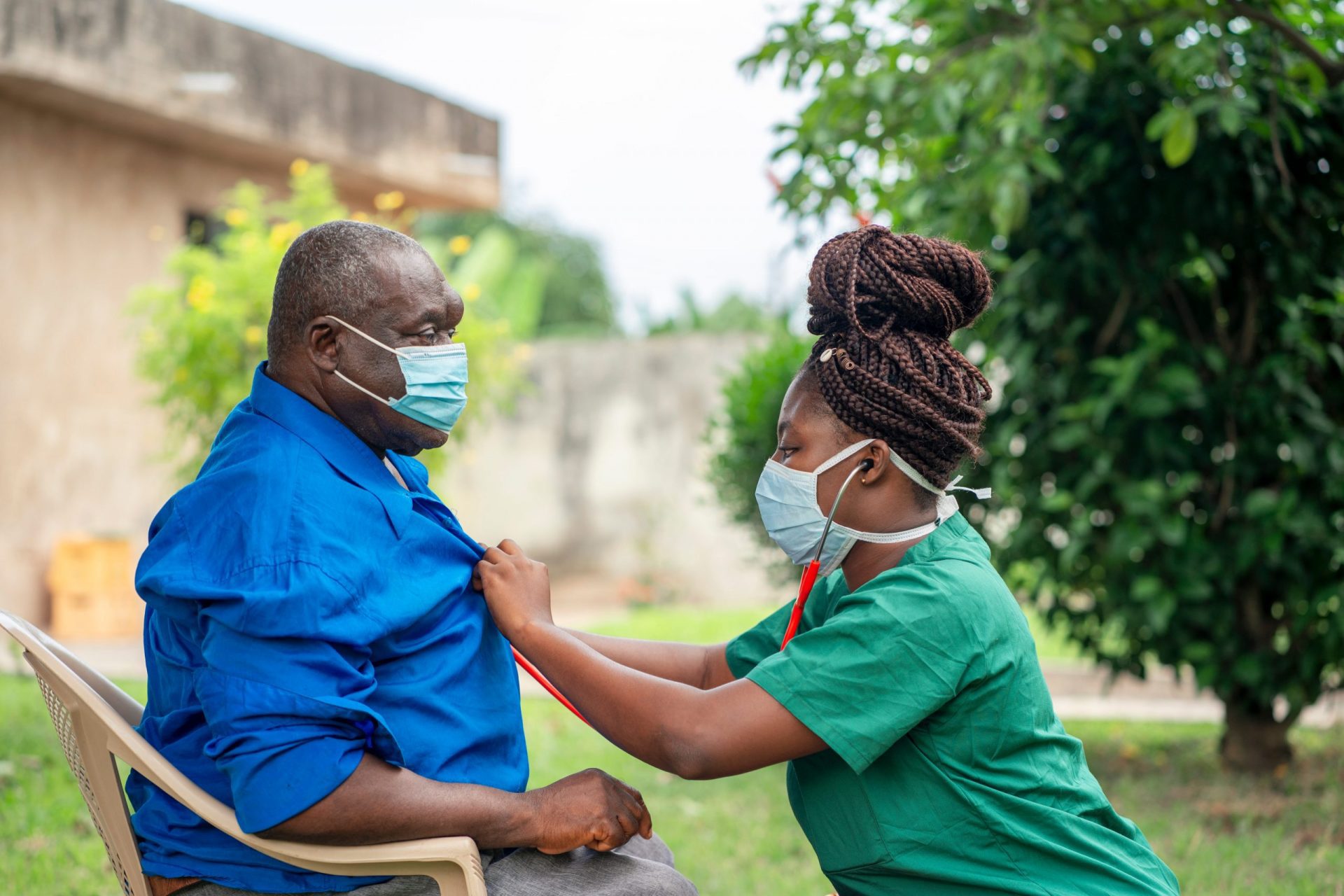Stephanie Peden-Fox, the senior manager of Community Health at Blue Cross Blue Shield of Illinois, is an ardent advocate for equity in health care. Peden-Fox aspires for each resident in Illinois to be able to “attain his or her full health potential” through preventative screenings, access to personal physicians, health screenings, continued amplification of community-based programming, and health care affordability.
Peden-Fox also spoke to rolling out about incentivizing health providers to provide care that cures medical maladies and, most of all, inculcating denizens with the message of living healthier, which directly corresponds to a higher quality of life.
Talk about your primary responsibilities as senior manager of Community Health at Blue Cross Blue Shield of Illinois.
My primary responsibilities include building intentional relationships in communities within the 102 counties in Illinois to address their SDOH — social determinants of health — and health condition needs. This requires working with internal and external stakeholders to address health care gaps where people live, work, and play.
Why are community health initiatives crucial for the well-being of our communities?
Health equity is achieved when every person has an opportunity to “attain his or her full health potential” and no one is at a disadvantage from achieving this goal. All residents in Illinois should have access to care that includes a primary care physician to provide health screening to address immediate health concerns. This should be accessible to all residents in the community.
Share some specific community health care initiatives that Blue Cross Blue Shield is currently involved in.
For more than 30 years Blue Cross and Blue Shield of Illinois has worked with the Chicago Department of Public Health to provide immunization to school-aged children and adults. This model has been rolled out in other regions in Illinois in partnership with Jewel/Albertson’s. We also work with the American Lung Association, National Kidney Foundation, Lion’s Club, and local Federally Qualified Health Centers to close care gaps in communities across the state.
How do you ensure the health programs that you implement are helping the community?
The best indicator is evaluating the result. We use a software program to identify illnesses and medical conditions at the neighborhood level and measure improvements in those conditions in those areas over time. Success is shown by steady and sustained improvement.
What are some of the ways Blue Cross Blue Shield supports individuals in the community?
We are very active in health education at public events, fairs, newspapers, TV, and social media. We speak directly with thousands of people every year where they live to educate them about diabetes, cancer, behavioral health, maternal and infant health, and diet and nutrition. We also provide vaccinations for the flu, [COVID-19], and other conditions. We also operate three Blue Door Neighborhood Center™ locations in Chicago neighborhoods where access to health care is most critical.
Why is it important to promote preventative care?
The most effective treatment is prevention, which is why we promote health education and healthy lifestyles in our public health education programming across the state. We work with local partners and provider systems, community-based organizations, and government agencies to reach people in their communities.
How do you see the partnership between Blue Cross Blue Shield and local communities evolving?
We are working to build scale and momentum and reach new communities across the state where access to health care is difficult. The past several years have seen crises in health care delivery in many rural areas, particularly in maternal and infant health and behavioral health. These are two critical areas where we are investing time and money.













